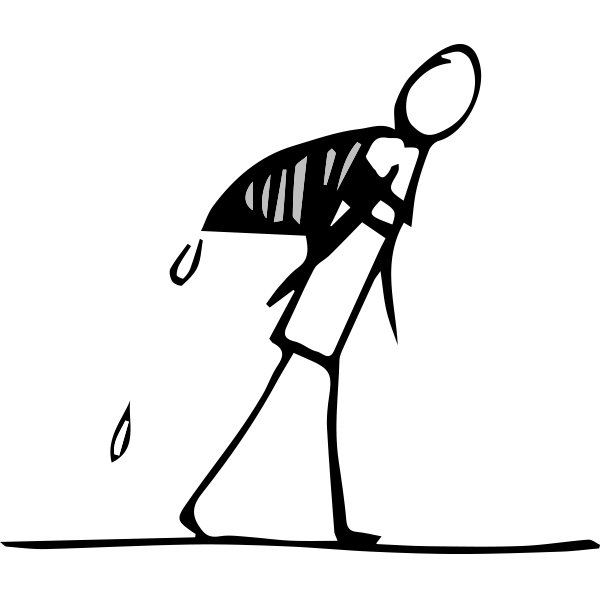On October 20th, 2010 I started a practice of writing Morning Pages. It’s since become a space I use to reflect and find clarity, but taking an hour to write each morning hasn’t happened easily. It's required priority, boundary setting, and forgiveness. Here’s how I make it happen:
I Use Ritual
In her book, The Creative Habit (library), choreographer Twyla Tharp writes about how humans use ritual to understand things that are hard to understand — things like death, and God, and creativity. She recommends establishing a ritual to habitually put yourself in a creative space.
Here’s Twyla’s morning ritual:
She wakes at 5:30am, puts on gym clothes, hails a cab and goes to the gym. Notice that no part of Twyla’s ritual involves choreography. She has set up a series of minimally effortful actions that propel her into a groove as opposed to a rut. Twyla says her ritual is complete when she hails the cab. Hailing the cab is the point of no return for her creative process. If she gets that far, she’ll end up in the dance studio later in the day.
My morning ritual looks like this:
I take two gummy vitamins, make an embarrassingly elaborate cup of coffee, and then number three pages: 1, 2, 3. My ritual is complete when I number the pages. If I make it that far, I’ll propel myself into a groove and write. If I don’t, I’ll take my fancy cup of coffee and check Facebook.
I Use Envelopes
In The Artist's Way (library), Julia Cameron writes that you can throw your Morning Pages away after you're done, but I’ve never been able to do that. She says that the point of the activity is to exhaust the logic brain and parlay that state of mind into your next creative act. Morning Pages do that for me, but their content is too valuable to me to toss.
Still, it is easier to write honestly when your writing can’t be revisited. To achieve this without throwing them away, I seal completed pages in an envelope. There’s power in that thin strip of glue — it’s enough to keep me honest while writing and also prevents me or anyone else from revisiting.
Anything Goes, Within Bounds
There isn’t a right way to write Morning Pages. Some days I draw symbols in between words, or do long division when I'm trying to figure something out, or repeat words or sentences when I can't think of anything else to write.
There is one wrong way to write them, though, and that’s to go beyond three pages. On days when three pages aren’t enough, I still stop when I’ve reached the back of page three. This keeps the scope of my practice nicely contained, which is especially important on days when the words don’t come easily.
I Write Them By Hand
I write with pen and paper and recommend everyone do the same. Handwriting matters (NYT) and it also slows us down, which is good because part of the benefit of writing pages is thinking about things at a contemplative pace.
Because handwriting is harder for those of us who type all day, I also use good tools like fancy stationary and an agreeable fountain pen. This adds a dignity and importance to the practice that influences how much I value it.
I Keep Trying
A month ago, I went through my collection of Morning Pages envelopes and counted them. I wrote 505 mornings out of the 1,561 since I started. That’s one out of every three, or a failure rate of 68%. Considering how often I fail to meet my goal, it would be understandable if I just gave up, but I haven't and I've written reams — over half a million words — as a result.
Failure and success aren't mutually exclusive. Don't let a single or double or triple failure stop you from the bigger goal. Practice is called practice for a reason.
Give It A Chance
Whether it's for personal or professional reasons, or both, Morning Pages are a great way to introduce reflection and self-awareness into your life. Imagining who I'd be without them is like imagining who I'd be without years of good therapy. Start a ritual, forgive yourself when you fail to meet it, and see where it takes you.




